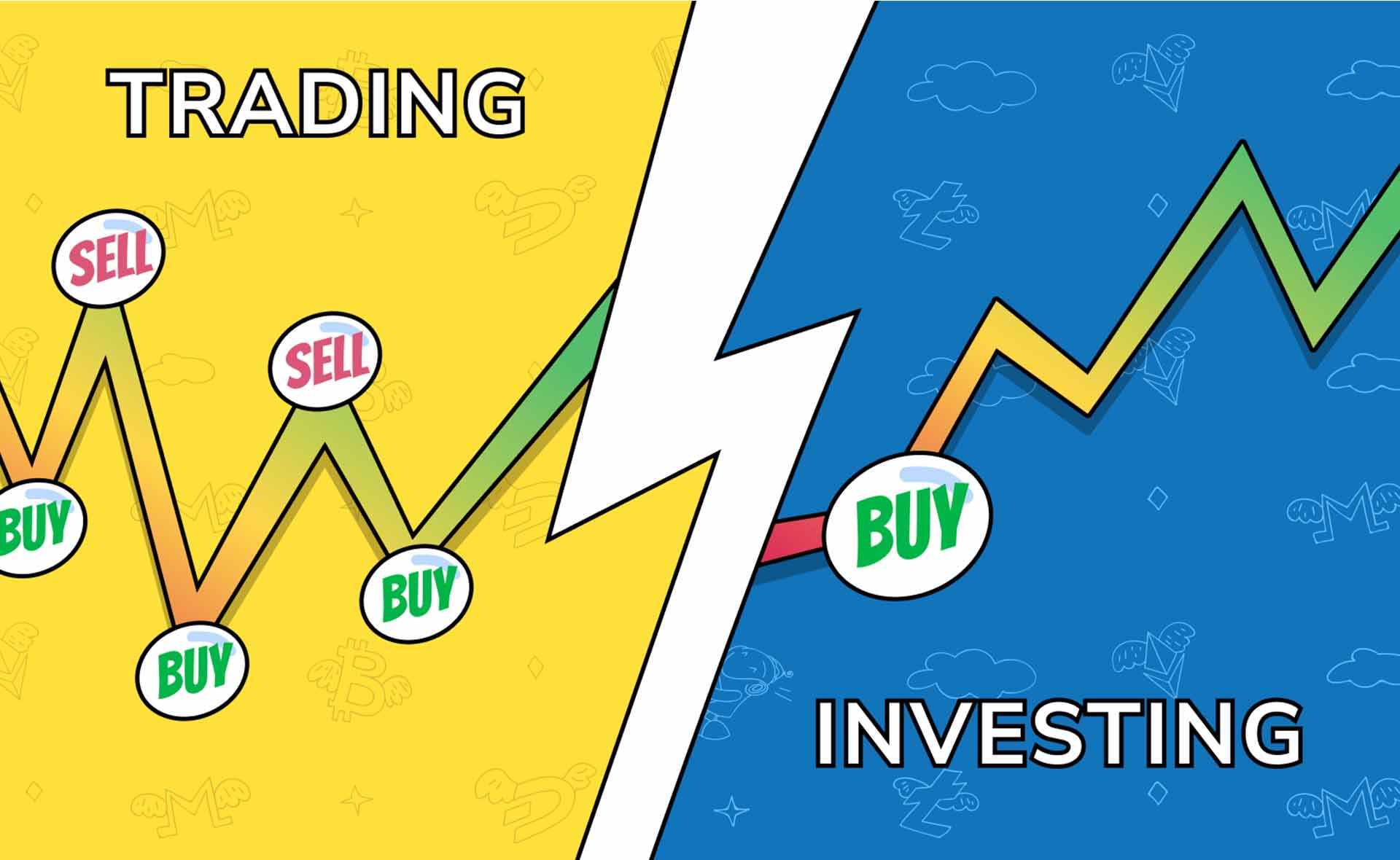Top Online Brokers for Stock Trading in 2024 Your Guide to Smarter Investing
Stock trading has evolved significantly, with online brokers making it easier than ever for individuals to invest in the stock market. Whether you’re a beginner or an experienced investor, selecting the right broker is critical to your success. With features ranging from low fees to advanced trading tools, online brokers offer something for every type of trader. In this guide, we’ll explore the best online brokers for stock trading, their features, and how they can help you achieve your financial goals. For more in-depth analysis and trading strategies, visit Textrades – Best Trading Platform for Beginners, your trusted source for trading insights. Why Choose an Online Broker? Online brokers provide a convenient and cost-effective way to trade stocks. They offer access to global markets, user-friendly platforms, and a variety of research tools that were once available only to institutional investors. According to recent studies, over 60% of retail investors now prefer online brokers due to their low commission structures and ease of use. This shift underscores the growing importance of online platforms in modern stock trading. Features to Look for in an Online Broker When selecting an online broker, it’s essential to consider factors like fees, tools, and customer support. Here are some key features to look for: Low or Zero Commissions: Many brokers, like Robinhood and Webull, offer commission-free trading, making them ideal for frequent traders. Advanced Trading Tools: Platforms like E*TRADE and TD Ameritrade provide powerful tools for technical and fundamental analysis. Mobile Compatibility: A robust mobile app is crucial for managing your investments on the go. Educational Resources: Brokers like Fidelity and Charles Schwab offer extensive learning materials for beginners. Customer Support: Reliable customer service can make a significant difference, especially for new traders. For a detailed comparison of these features across platforms, check out Textrades. Read Also: Top 5 Crypto Wallets Top Online Brokers for Stock Trading Robinhood Robinhood revolutionized the industry with its zero-commission model. Its intuitive platform is perfect for beginners, offering access to stocks, ETFs, and cryptocurrencies. Fidelity Investments Fidelity is known for its robust research tools and excellent customer service. It’s a great choice for long-term investors looking for comprehensive financial planning resources. TD Ameritrade TD Ameritrade offers an advanced trading platform, thinkorswim, which is ideal for technical analysis. It’s also a favorite among options and futures traders. E*TRADE E*TRADE provides a seamless trading experience with a mix of beginner-friendly tools and advanced features for seasoned investors. Its educational content is among the best in the industry. Charles Schwab Charles Schwab combines low fees with a wide range of investment options, including stocks, ETFs, and mutual funds. Its powerful research tools cater to both new and experienced investors. Read Also: Trading Platforms for Crypto For more insights into choosing the right broker, explore Textrades for expert reviews and tips. FAQ: Online Brokers for Stock Trading What is an online broker? An online broker is a platform that allows investors to buy and sell securities such as stocks, ETFs, and mutual funds via the internet. Which online broker is best for beginners? Platforms like Robinhood and Fidelity are ideal for beginners due to their user-friendly interfaces and extensive educational resources. Are there fees for trading stocks online? Many online brokers now offer commission-free trading, but some may charge fees for advanced features, data subscriptions, or margin accounts. Can I trade stocks on my smartphone? Yes, most online brokers provide mobile apps that allow users to trade, monitor portfolios, and access research tools on the go. Where can I learn more about stock trading strategies? Visit Textrades for comprehensive guides, strategies, and platform reviews tailored to help you succeed in stock trading. Conclusion: Choosing the right online broker is a crucial step in your stock trading journey. Whether you prioritize low fees, advanced tools, or educational resources, platforms like Robinhood, Fidelity, and TD Ameritrade offer something for everyone. Before you start trading, make sure to research and compare your options to find a broker that aligns with your goals. For more expert insights and trading strategies, visit Textrades and take your trading to the next level. Start trading smarter and achieve your financial dreams today!




